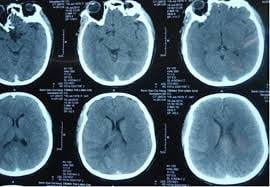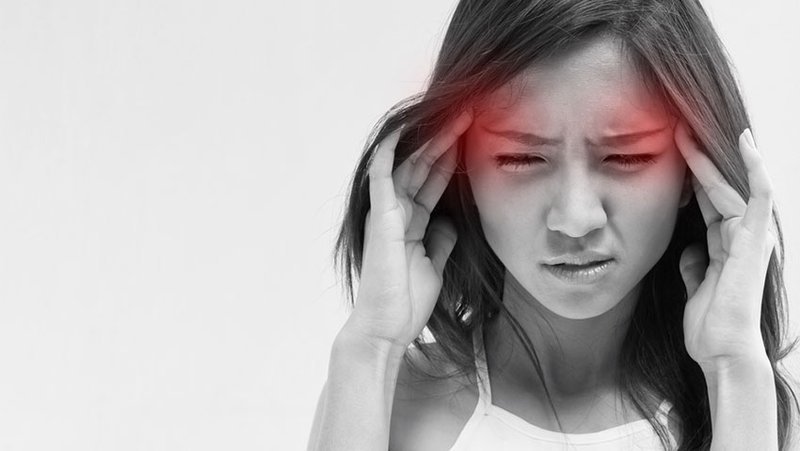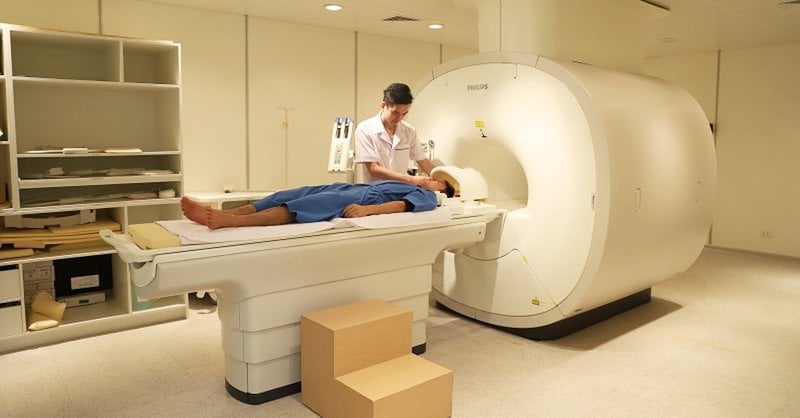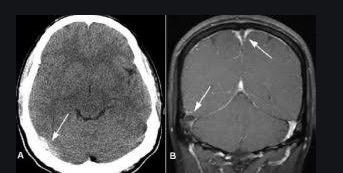Is late-night bathing really linked to stroke?
This is an automatically translated article.
Bathing is a daily activity to help keep the body clean and relax after a long day of studying or working... However, if the bath is too late, the bath is too long or the bath water is too hot or too cold. .. will easily lead to adverse health effects such as stroke, dizziness, cardiac arrest in the middle of the night. Let's find out the harmful effects of taking a late-night bath through the article below.
1. Harm of bathing late at night
Bathing late before going to bed can help you relax, but it leads to the following negative effects on health:
Difficulty falling asleep: Taking a hot or cold shower before going to bed affects your health. sleep, difficulty falling asleep. The reason is explained that the body will normally rest and relax better when the body temperature is slightly lower than normal, then you will easily fall asleep and will get a good night's sleep. Taking a hot bath before going to bed increases body temperature, causing disturbances in the body leading to difficulty sleeping and insomnia; Bad effects on the heart: Hot baths increase body temperature, heat up the body leading to increased blood pressure and stress on the heart. Cardiac stress can keep you up all night, which in turn leads to many health problems; Easy to gain weight: Bathing late at night and bathing after eating is one of the reasons why you easily gain weight. This is explained by the fact that bathing after eating disturbs the digestive system, leading to weight gain. The process of digesting food needs to increase blood flow to the stomach, but bathing after eating will make blood circulate to other organs of the body, adversely affecting the digestive process; Bad effects on hair: Bathing at night and going to bed with wet hair causes the scalp to become cold, affecting blood vessels. This condition, if prolonged, will lead to chronic headaches. Not only that, bathing and washing hair before going to bed slows down the evaporation of water in the hair, leading to cold nerves under the epidermis of the scalp, neck, ears and back of the shoulder that are not kept warm. In extremely cold weather, low body temperature will easily lead to the risk of facial spasticity due to frostbite of the facial nerve system; Showering at night with cold water causes the body to lose excess heat. The condition, if prolonged, can easily lead to colds and colds in the lungs, especially for people with weak immune systems. More serious is the risk of facing viral fever, even a lung infection, which occurs when the respiratory organs are weakened for a long time and will lose their resistance.
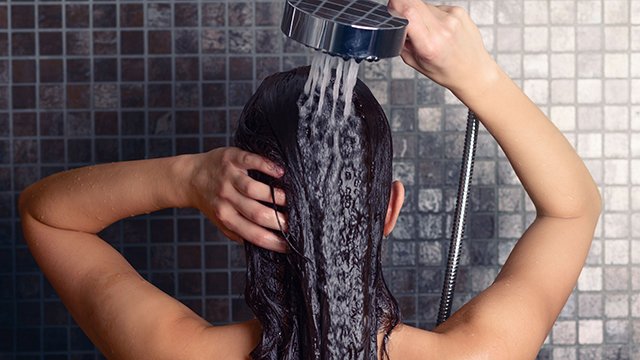
Tắm khuya có thể gây ra một số ảnh hưởng tới sức khỏe của bạn
2. Is late night bathing really related to stroke?
Currently, there is no scientific study to prove a strong link between late night bathing and stroke. However, some factors that help determine the relationship between stroke and late night bathing are bathing time, bathing method, water temperature, age...
According to epidemiology, the rate of stroke patients seasonal changes, in which winter has a higher rate than summer. Hemorrhagic stroke occurs more commonly in spring and ischemic stroke occurs mainly in winter. The rate of death from stroke also varies by season, with the highest in winter. The reason is proven through scientific studies that when the temperature drops by 5 degrees Celsius, the rate of patients hospitalized for stroke increases by 7%, scientists also show that the high stroke rate is due to changes in heart rate. Sudden changes in blood pressure levels, blood lipids, and clotting factors in winter.
The time of night, when the outside temperature drops to low, creating a temperature difference compared to the body, so bathing when the difference in body temperature with the environment is too large such as soaking in a hot tub when it's cold , take a cold shower when you come back from outside... making the body prone to heat shock. That's why we shouldn't shower after 11pm.
The association between stroke and late-night bathing is explained by pathophysiology as follows: Catecholamine secretion and sympathetic nerve activation of the body increase with exposure to cold environment, leading to increased burden to the heart, increased blood pressure due to increased peripheral resistance and increased heart rate. In addition, the cold water immersion process lowers the skin temperature, causing a strong respiratory response known as "cold shock" with symptoms including panting, decreased CO2 concentration, peripheral vasoconstriction, and pulse rate. tachycardia and increased blood pressure. These respiratory reactions combined with changes in cerebral blood flow can lead to nerve injury and stroke.
Bath water temperature is not consistent with body temperature causing the body to adjust to the environment by vasoconstriction or vasodilation. When the blood vessels are constricted, the risk of a stroke is increased due to a more sudden cerebral infarction or coronary artery spasm. Especially in people with angina pectoris due to coronary artery spasm.
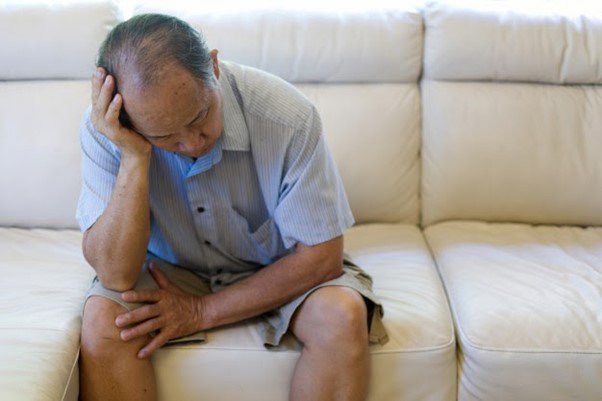
Tắm khuya và đột quỵ có mối liên quan mật thiết với nhau
Strokes and strokes when bathing at night, if mild, cause peripheral facial paralysis, neck and shoulder pain due to cold, falls due to dizziness. In more severe cases, the patient can die while bathing. Even after taking a bath, a person may experience cyanosis, stiffness, cardiac arrest, or sudden death while sleeping. Especially at late night, the body is about to enter a resting state, so the resistance is also weaker, bathing at this time will cause the blood vessels to constrict, the blood circulation to the brain is delayed. makes the body weak and tired. In people with high blood pressure or heart disease, the risk of stroke is higher when bathing at night.
In young people, bathing at night can easily lead to vasoconstriction, especially when taking a cold shower, making it difficult for blood to circulate, leading to body aches and even chronic headaches. For the elderly, many physiological changes in the body such as vasoconstriction, calcification of blood vessels, increased blood viscosity, etc., often lead to cardiovascular diseases and blood pressure. Therefore, bathing late at night in the elderly is easy to lead to stroke.
Bathing late at night has bad effects on human health, especially the cause of stroke - a dangerous disease with high mortality. Therefore, experts recommend not to bathe late at night to protect body health.
Please dial HOTLINE for more information or register for an appointment HERE. Download MyVinmec app to make appointments faster and to manage your bookings easily.
This article is written for readers from Sài Gòn, Hà Nội, Hồ Chí Minh, Phú Quốc, Nha Trang, Hạ Long, Hải Phòng, Đà Nẵng.

